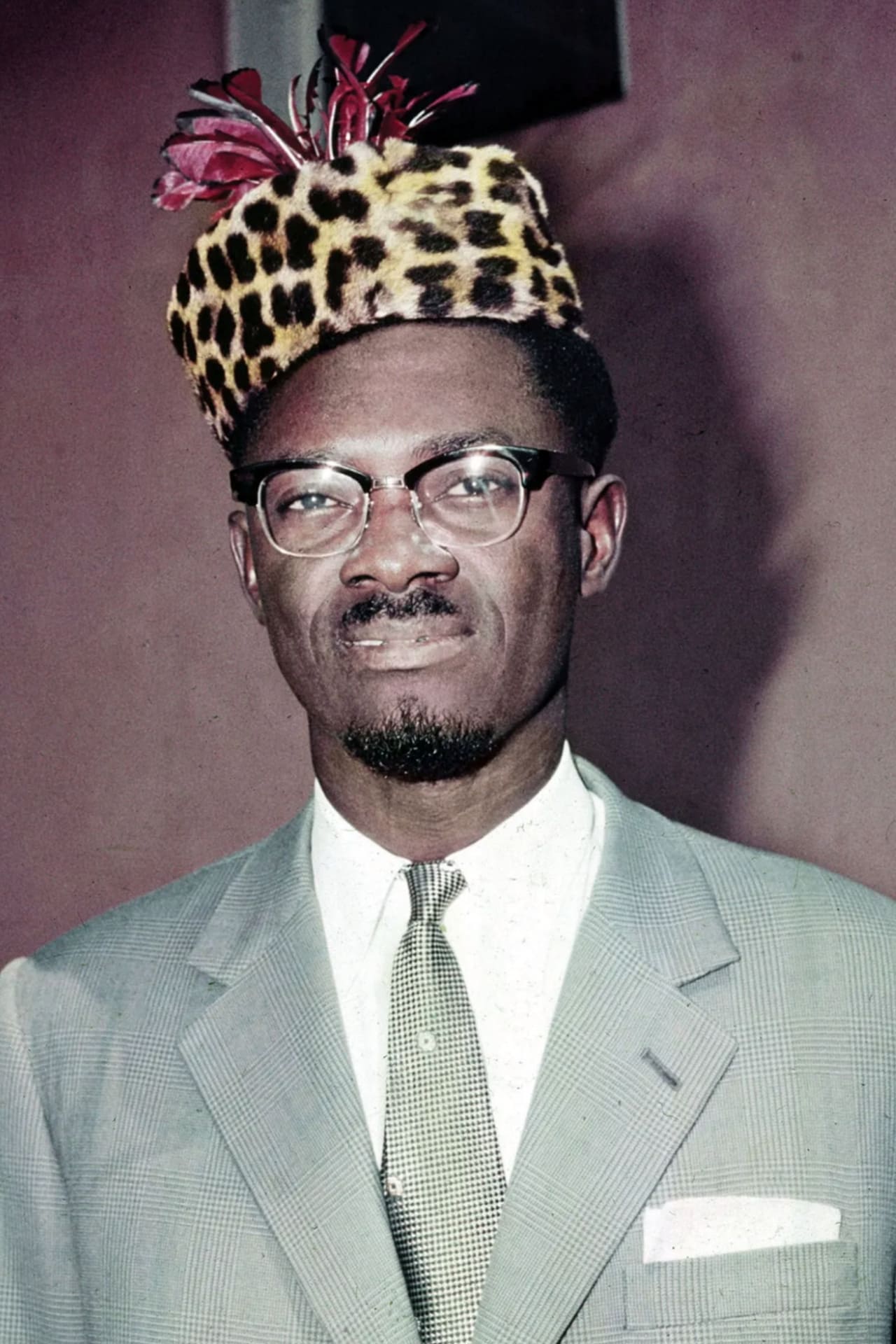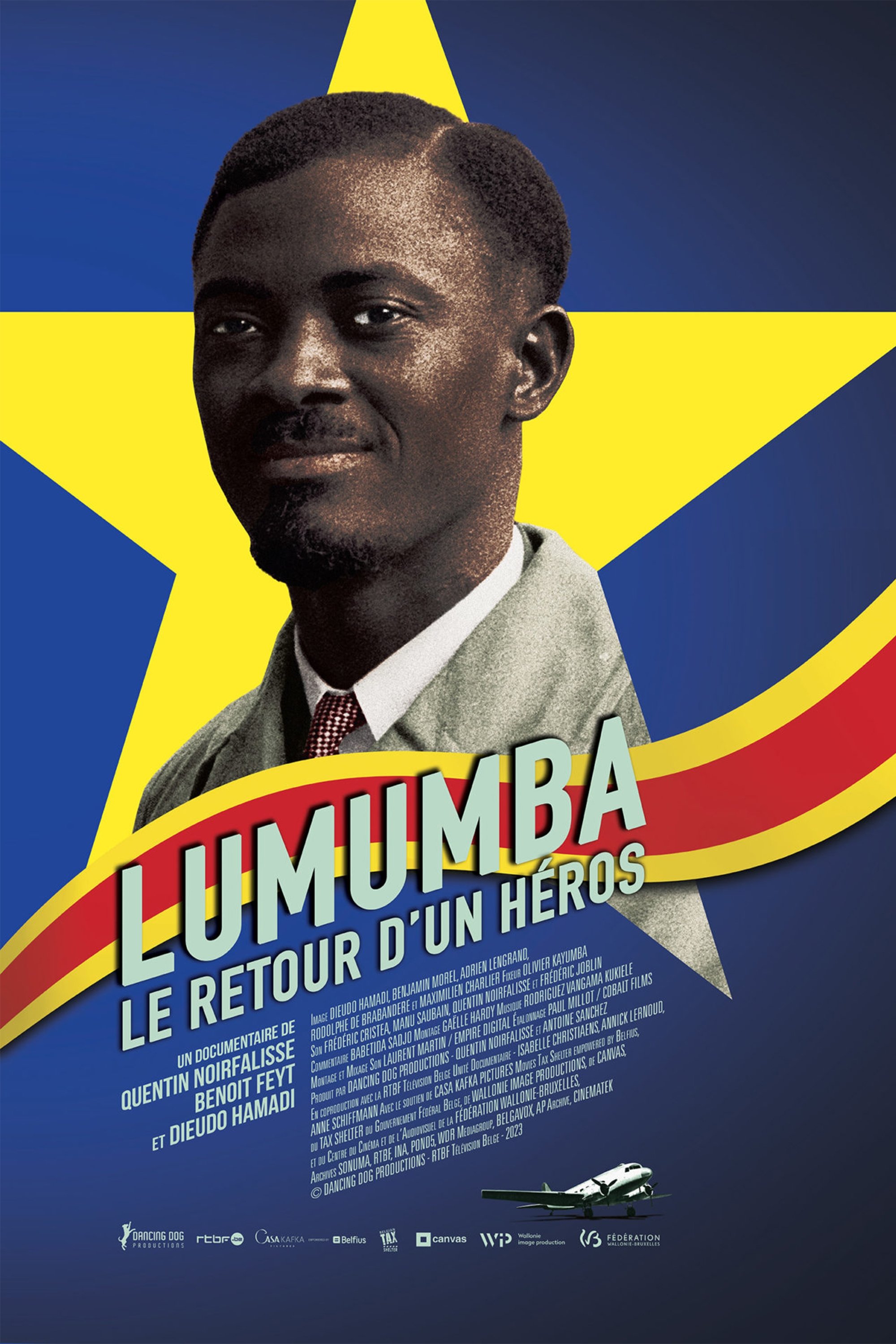

Patrice Émery Lumumba, born Isaïe Tasumbu Tawosa (2 July 1925 – 17 January 1961) was a Congolese politician and independence leader who served as the first prime minister of the Democratic Republic of the Congo from June until September 1960. He was the leader of the Congolese National Movement (MNC) from 1958 until his assassination in 1961. Ideologically an African nationalist and pan-Africanist, he played a significant role in the transformation of the Congo from a colony of Belgium into an independent republic.

Jazz and decolonization are intertwined in a powerful narrative that...

61 years after his assassination, Patrice Lumumba returns to his...